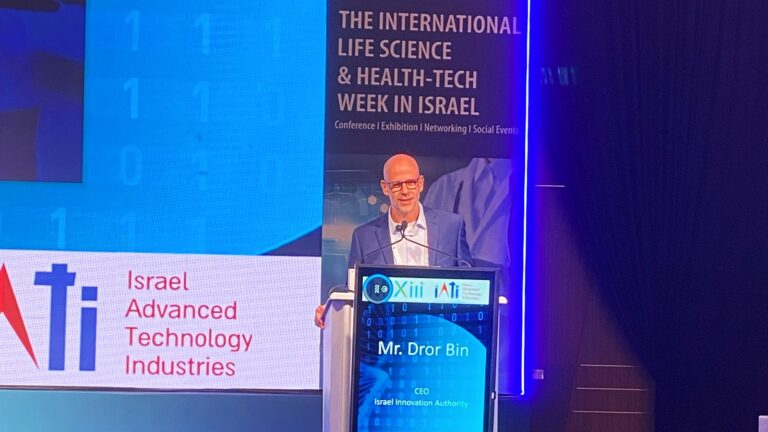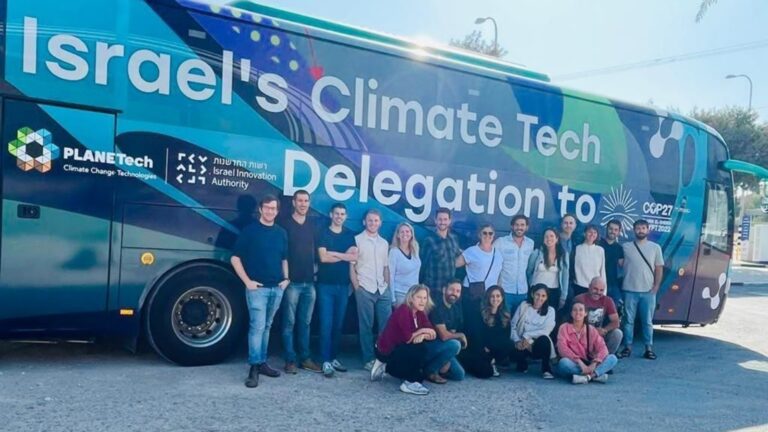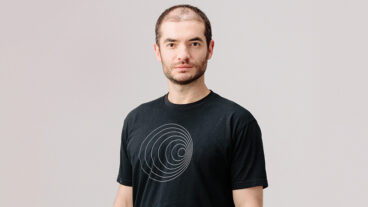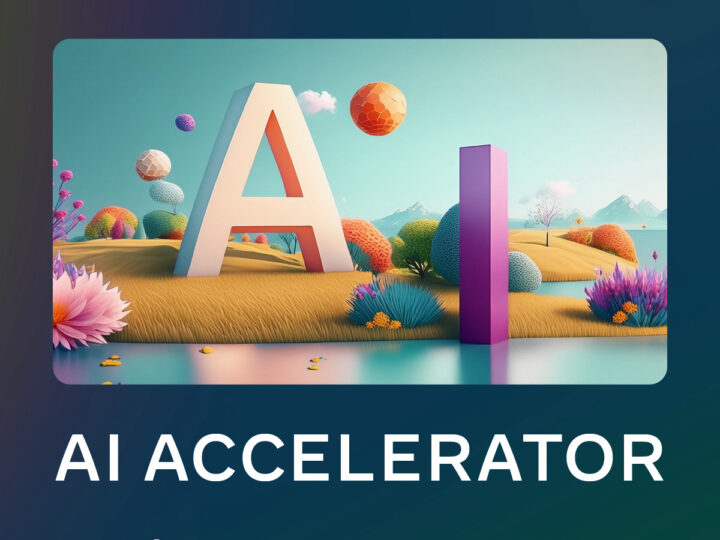The beginning of 2023 finds the world at the crux of high-tech evolution.
Deep technologies such as quantum, AI and machine learning will fundamentally change our world on a similar scale — and perhaps with greater intensity — than the changes that arose from the introduction of computers into our daily lives over the past 50 years.
Global challenges will continue to draw attention and investments in the various climate-tech disciplines that require disruptive technologies.
Biotech, food tech in general and alternative proteins in particular; agritech, energy and water tech hold the solutions to humanity’s biggest challenges.
Israel has a robust role
Investments in the global tech sector have increased steadily year over year, totaling $329.2 billion in the first three quarters of 2022.
This is also the case for the Israeli tech sector, where total tech funding in 2022 amounted to $14.9 billion, surpassing previous years except for 2021.
Israel will continue to be a major player in the evolution of high-tech.
Despite some issues, and contrary to recent headlines, there is currently no crisis in the Israeli high-tech industry. Israeli high-tech has been through wars and crises and has survived them all, continuing to grow.
Fueled by a vibrant entrepreneurial culture, robust technological infrastructure and a highly skilled workforce that produces the most startups per capita in the world, innovation is one of Israel’s most valuable natural resources.

High-tech is responsible for 15 percent of Israel’s GDP, more than 50% of its industrial export, more than 10% of all employees, and around 25% of the internal tax revenues of all salaried workers in Israel.

During the first half of 2022, there were 70% more investment rounds and almost three times as much money than during the first half of 2019, prior to Covid-19.
High-tech employees who lost their jobs in 2022 will be redirected to other companies with suitable wages. This will help to adjust wages and improve the productivity of the economy.
At the same time, we must continue to address the lack of skilled personnel in both the technological and business professions. As recently as last May, 33,000 job vacancies were reported in Israel.
We must also focus on R&D and diversification in the tech sector as there is fierce competition with other countries.
4 strategic sectors
In this new year, we at the Israel Innovation Authority will continue focusing on technologies and ecosystems including:
AI enables high-precision solutions to complex problems at very high levels of accuracy.
The economic and social potential of the AI revolution is immense. This has been generating a global race and fierce competition to achieve long-term leadership.
A key factor in this race is skilled human resources. Working in AI requires academic education and advanced degrees, hence the global bottleneck and shortage of manpower.
- Quantum computing, quantum science and technology (QST)
QST can impact many areas, primarily in fields such as sensors, coding, communication, materials and data processing.
Given the recent development of this technology in Israel and around the world, a national work plan was implemented in 2021 with a budget of 1.25 billion shekels (about $360 million) to accelerate Israel’s preparedness for emerging technologies.
The combination of biology with advanced engineering disciplines uses natural mechanics and technological models to improve the quality of healthcare services, thus transforming the healthcare and life sciences industries.
This a field in which Israel has an opportunity to assume a leading position in providing innovative solutions to global climate challenges and for the Israeli economy to use these technologies to cope with our national climate challenges as part of global efforts to reduce greenhouse gas emissions

True innovation comes with high risk and potential market failures. By investing in those risky or early-stage areas, the government, through the Israel Innovation Authority, provides the required infrastructure and support to stimulate and ensure the innovation ecosystem thrives. It also ensures that private sector investors have room to participate, thus encouraging the invention of disruptive technologies that will reshape our future.
Dror Bin is CEO of the Israel Innovation Authority, an independent publicly funded agency whose mission is to promote innovation, entrepreneurship and disruptive technologies as leverage for inclusive and sustainable economic growth.
















